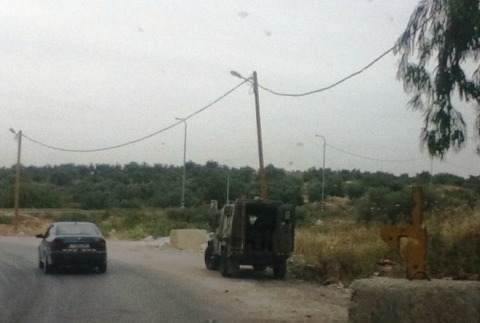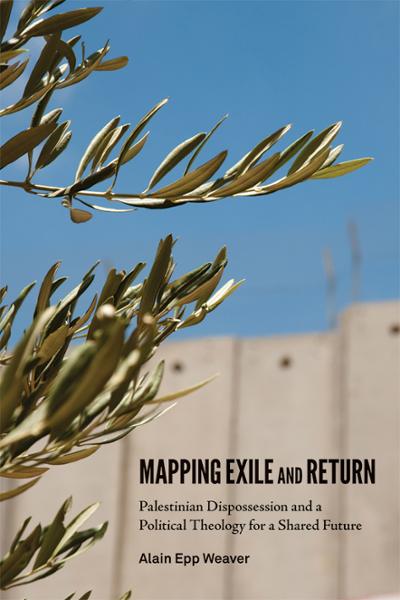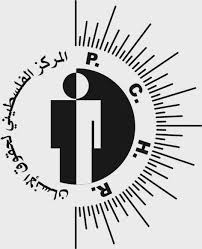Category: In the Media
-
Israeli army target children in Azzun
7th May 2014 | International Women’s Peace Service | Azzun, Occupied Palestine If the people of ‘Azzun seem nervous, they have a right to be. The town (population approximately 10,000) sits on crossroads – Qalqiliya is to the west, Nablus to the east, Salfit to the south and Tulkarem to the north. This is a junction that is vulnerable…
-
Palestinian Christian struggle mapped in new book
5th May 2014 | The Electronic Intifada, Joe Catron | Gaza City, Occupied Palestine In Mapping Exile and Return: Palestinian Dispossession and a Political Theology for a Shared Future, American Mennonite theologian and aid worker Alain Epp Weaver explores a legacy of Palestinian Christian exile, and struggle for return. The book’s terrain ranges from the ethnically-cleansed villages of the Galilee to the Upper…
-
Israeli forces target 2 armed group members wounding 13 Palestinian civilians, including 5 Children, in Beit Lahia in the northern Gaza Strip
25th April 2014 | Palestinian Center for Human Rights | Gaza, Occupied Palestine In an extra-judicial execution attempt, Israeli forces targeted 2 members of an armed group on a motorbike wounding them and another 13 Palestinian civilians, including 5 children, in a densely-populated area in the northern Gaza Strip. According to investigations conducted by the Palestinian Centre for…



